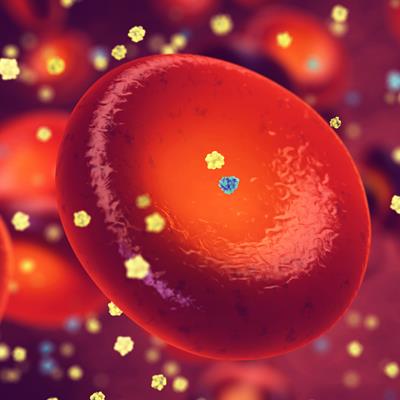 Gene variant map helps diagnose hereditary diabetes
Gene variant map helps diagnose hereditary diabetes
University of Copenhagen researchers are using high-throughput experiments to explore connections between inherited diseases and a specific gene called GCK. The study, published April 26 in Genome Biology, may help provide better diagnoses of hereditary diabetes and other diseases. Read More
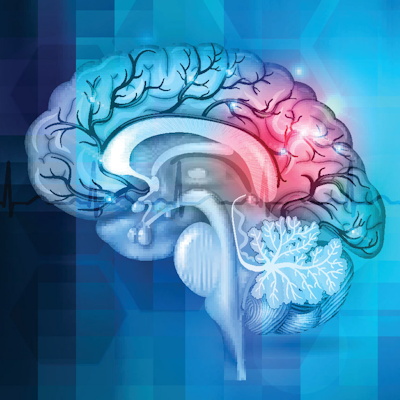 Chemotherapy delivery to human brain marks a first
Chemotherapy delivery to human brain marks a first
Northwestern Medicine scientists have used a novel, skull-implantable ultrasound device to allow the delivery of intravenously injected chemotherapy into the brain. The study, published Tuesday in the Lancet Oncology, represents the first human clinical trial to temporarily open the blood-brain barrier for chemotherapy. Read More
 Opioid receptor analysis reveals way to treat pain without causing euphoria or hallucinations
Opioid receptor analysis reveals way to treat pain without causing euphoria or hallucinations
The analysis of an opioid receptor has revealed a potential way to treat pain without causing addiction or hallucinations, two key barriers to the safe use of painkillers today. Read More
 Medicinal cannabis in study relieves cancer pain, curbs opioid use
Medicinal cannabis in study relieves cancer pain, curbs opioid use
A multicenter registry study found that medicinal cannabis safely relieved cancer patients’ pain, while curbing the total number of medications and opioids they took. The research, published Tuesday in BMJ Supportive & Palliative Care, indicates that products with an equal balance of tetrahydrocannabinol (THC) and cannabidiol (CBD) seem to be particularly effective. Read More
 Bio-Techne fiscal Q3 sales rise 1% on strength in cell therapy, prostate test products
Bio-Techne fiscal Q3 sales rise 1% on strength in cell therapy, prostate test products
Bio-Techne on Wednesday reported fiscal third-quarter sales of $294.1 million, up 1% compared to $290.4 million in the prior-year quarter and short of analysts’ average estimate of $296.7 million. Read More
 FDA approves first respiratory syncytial virus vaccine
FDA approves first respiratory syncytial virus vaccine
The U.S. Food and Drug Administration (FDA) said Wednesday that it has approved the use of GlaxoSmithKline Biologicals’ Arexvy vaccine for respiratory syncytial virus (RSV). Read More
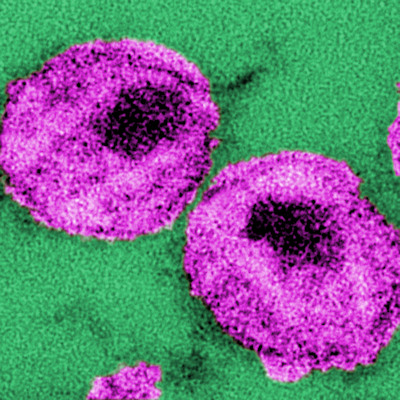 Dual CRISPR gene-editing therapy eliminates HIV infections in mice
Dual CRISPR gene-editing therapy eliminates HIV infections in mice
Combining a dual CRISPR gene-editing therapy with antiretroviral drugs can eliminate HIV infections in mice, according to a study published in the Proceedings of the National Academy of Sciences. Read More
 FDA issues draft guidance for implementing decentralized clinical trials
FDA issues draft guidance for implementing decentralized clinical trials
The U.S. Food and Drug Administration (FDA) on Tuesday said that it is taking additional steps to support the use of decentralized clinical trials (DCTs) for drugs, biologics, and devices, where some or all the trial-related activities occur at locations other than traditional clinical trial sites. Read More
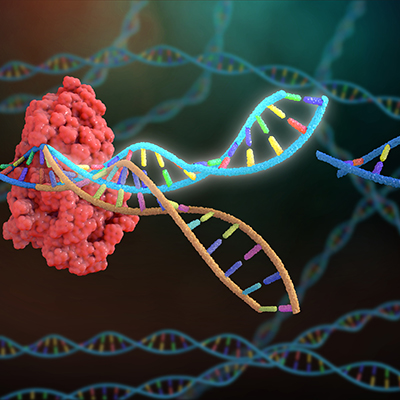 Viral peptides improve CRISPR-Cas gene editing to expand cell therapy applications
Viral peptides improve CRISPR-Cas gene editing to expand cell therapy applications
Scientists have used viral peptides to get CRISPR-Cas gene editing molecules into cells more efficiently and with minimal toxicity, suggesting the method can improve the production of cell and gene therapies. Read More
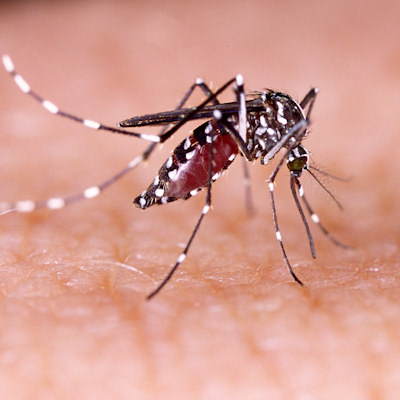 Antiviral could combat future pandemics
Antiviral could combat future pandemics
University of California Los Angeles (UCLA) researchers have identified a potential broad-spectrum antiviral agent that can target multiple families of RNA viruses that continue to pose significant threats for future pandemics. The National Institutes of Health (NIH)-funded study, published Friday in Cell Reports Medicine, found that a STING agonist mitigated the debilitating effects of the chikungunya virus in mice. Read More
Conferences
Science Briefs
Member Rewards
Earn points for contributing to market research. Redeem your points for merchandise, travel, or even to help your favorite charity.
Research Topics
Interact with an engaged, global community of your peers who come together to discuss their work and opportunities.
Connect
Tweets by @ScienceBoard






